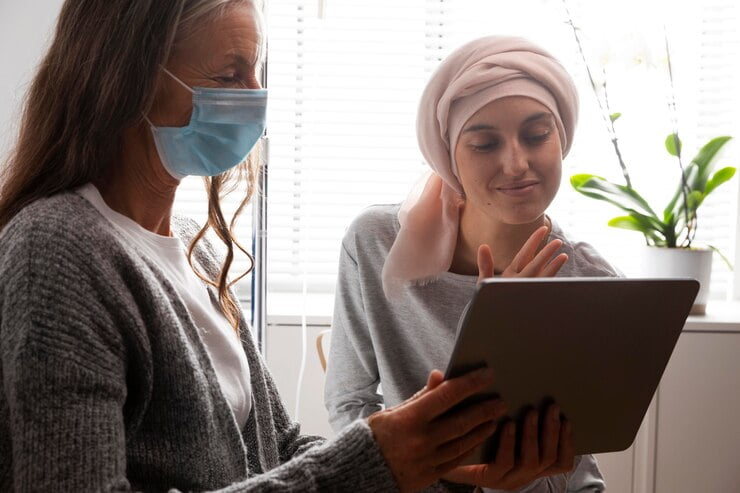How Often Should You Get Yourself Checked For Cancer?

Cancer screenings like the geneType risk assessment are crucial in the early detection and prevention of different cancer types. Advanced disposition can significantly impact treatment success rates and survival outcomes.
The frequency of cancer screenings can vary based on several factors, including age, gender, family history, and specific risk factors. This article outlines general guidelines for cancer screenings, emphasizing the importance of personalized healthcare advice.
Understanding Cancer Screening
Cancer screening, particularly a multi-screening test, involves testing for different cancer signs before symptoms appear. Early detection often means that treatment is more likely to be successful. Not all types of cancer have available screening tests as of this time, and those that do are not 100% accurate, but they provide crucial insights into your health.
General Screening Guidelines by Cancer Type
Breast Cancer: Women should have mammograms every two years between ages 50 and 74. Those with a higher risk, such as a family history of breast cancer, might start screening earlier, more frequently, or use additional tests like MRIs.
Cervical Cancer: Screening for cervical cancer should start at age 21. Women from ages 21 to 29 must undergo a Pap test every three years. From ages 30 to 65, a Pap test combined with an HPV test (co-testing) every five years or a Pap test alone every three years is recommended.
Colorectal Cancer: Adults aged 45 to 75 should be screened for colorectal cancer. The frequency depends on the test: every year for stool tests, every three years for stool DNA tests, every five years for CT colonography and flexible sigmoidoscopy, and every ten years for a colonoscopy.
Lung Cancer: Annual screening with low-dose computed tomography (LDCT) is recommended for adults aged fifty to eighty who have a twenty-pack-year smoking history, those who currently smoke, or those who have recently quit.
Prostate Cancer: Men should discuss screening with their doctor, typically starting at age 50. Those at higher risk, including African American men and those with a family history of prostate cancer, may need to start discussions earlier.
Personalizing Your Screening Schedule
The “one-size-fits-all” approach doesn’t apply to cancer screenings. Individuals with a family history of cancer should begin screening earlier and more frequently. Talk to healthcare providers about your personal risk factors and develop a tailored screening plan.
Lifestyle Factors and Screening
Lifestyle factors, such as smoking, alcoholism, sedentary living, diet, and exercise, can influence cancer risk. Your healthcare provider may adjust screening recommendations based on these factors, emphasizing the importance of a healthy lifestyle in cancer prevention.
Technological Advancements and Screening
Advancements in medical technology continually refine screening methods, improving accuracy and reducing invasiveness. Stay informed about new screening options and discuss their applicability to your situation with your healthcare provider.
The Importance of Symptoms
While regular screenings are crucial, being vigilant about new or unusual symptoms is equally important. Early symptom identification and reporting can lead to timely diagnosis and treatment, complementing routine screening efforts.
